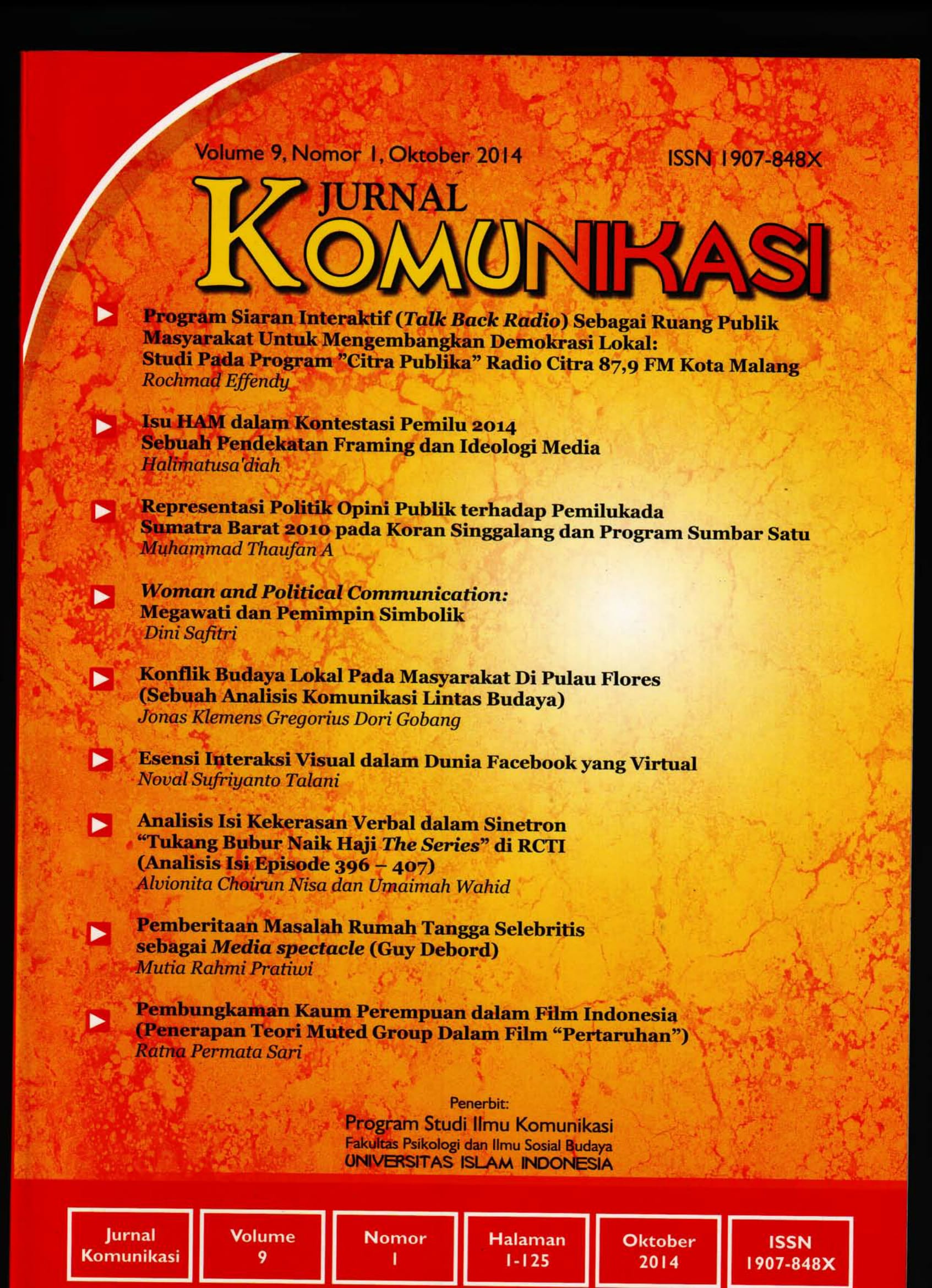Main Article Content
Abstract
The involvement of women in politics in Indonesia has fundamental problems, namely the minimal representation of women in public spaces. This is because women have been stigmatized and are positioned in the domestic sphere, taking care of household problems, without being able to develop themselves in the public sphere. In fact, there are already rules about the 30% quota for women in parliament, but has not yet been realized. When you glance at the historical record and the women's movement toward public spaces, has existed since Indonesia's independence in 1945. Rights of women to choose is basically recognized. However, the position of women in politics, very volatile in Indonesia. It is because the democratic process in Indonesia not through means gradual (gradual) but through jumps (leaps). Each leap democracy will produce political visions different countries and sometimes very dramatic in seeing women's issues. This phenomenon, then bring up the figure of Megawati's Indonesian women representing the highest ever reached peak Indonesian leader. As a leader, Megawati is the symbolic leader. Megawati is symbolic leader who tried to communicate how to obtain the status, prestige and reputation, or in other words, to fulfill the functions and symbols are fused.
Article Details
License
Authors who publish with this journal agree to the following terms:
- Authors retain copyright and grant the journal right of first publication with the work simultaneously licensed under a Creative Commons Attribution License that allows others to share the work with an acknowledgement of the work's authorship and initial publication in this journal.
- Authors are able to enter into separate, additional contractual arrangements for the non-exclusive distribution of the journal's published version of the work (e.g., post it to an institutional repository or publish it in a book), with an acknowledgement of its initial publication in this journal.
- Authors are permitted and encouraged to post their work online (e.g., in institutional repositories or on their website) prior to and during the submission process, as it can lead to productive exchanges, as well as earlier and greater citation of published work (See The Effect of Open Access).
How to Cite
Safitri, D. (2016). Woman and Political Communication: Megawati dan Pemimpin Simbolik. Jurnal Komunikasi, 9(1), 49–58. Retrieved from https://journal.uii.ac.id/jurnal-komunikasi/article/view/6772
